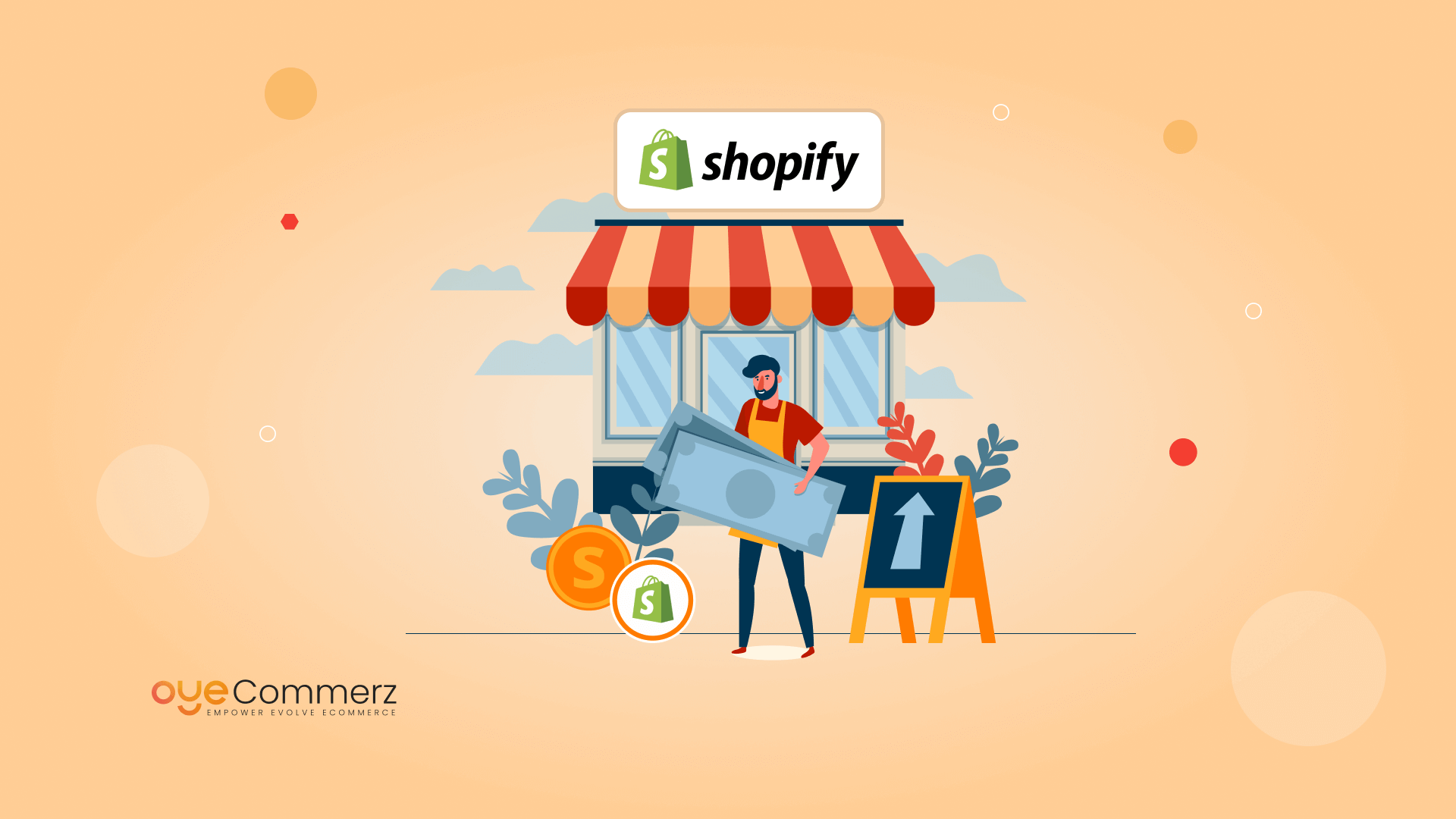Overview
In today’s competitive e-commerce environment, standing out is essential, and one of the best ways to set apart a Shopify store is through tailored app development. A robust Shopify app can enhance store capabilities, streamline operations, and boost customer engagement. This guide explores key aspects of Shopify app development, from API integration to scaling strategies and digital marketing approaches, providing a roadmap for businesses seeking unmatched store efficiency.
Why Shopify API Integration Matters
Shopify’s API offers robust tools to personalize and extend store capabilities. With the GraphQL and REST API options, developers can retrieve information to build applications that manage inventory control, order handling, and customer data management seamlessly. Using Shopify’s API can enable improved workflow automation and enables stores to assist shoppers more effectively.
Adopting the Polaris Design System
Shopify’s Polaris is Shopify's set of design guidelines for designing user-friendly and easy-to-use Shopify apps. By following Polaris guidelines, developers ensure that apps seamlessly integrate within the Shopify Admin interface. This ensures a cohesive appearance that appeals to Shopify merchants, promoting ease of use and comfort for merchants using your tailored app.
Navigating the Shopify App Ecosystem
The Shopify app ecosystem provides numerous opportunities for improving online stores. From managing fulfillment processes to boosting customer engagement, apps in this environment are tailored to meet various business requirements. Learning about this system assists developers in finding unique app ideas and allows for smooth connections of third-party services that enhance the store.
Developing Embedded Shopify Apps
Embedded apps integrate directly within the Shopify Admin, allowing a seamless experience for merchants. They allow merchants do not need to Shopify digital marketing navigate away from their Shopify control panel, streamlining their workflow. Employing Shopify App Bridge and embedded app features is a best practice for offering a cohesive, integrated user experience.
Using Node.js and React for Shopify Apps
The technologies Node.js and React have become top options for Shopify app creation. Node.js enables high-performance back-end services, while React allows for dynamic, responsive front-end design. Combined, they offer an excellent platform for creating speedy, growth-ready Shopify apps that improve store performance and customer engagement.
Webhooks in Shopify Apps
Webhooks How to use Polaris design system for Shopify apps allow real-time data synchronization between Shopify and an external app. They trigger events such as new orders or inventory updates and provide immediate notifications to your app. By utilizing webhooks, apps can deliver real-time insights for store owners, simplifying processes and increasing productivity.
Engaging Customers Through Digital Marketing for Shopify Apps
To make a Shopify app successful, connecting with users is crucial. Utilizing digital marketing strategies like SEO, email marketing, and social outreach can increase app usage. Additionally, creating applications with customer engagement in mind (e.g., loyalty programs or personalized suggestions) increases user loyalty and loyalty.
Scaling Your Shopify App
As e-commerce businesses grow, so do their technology requirements. Ensuring that your app can manage increased traffic, larger data sets, and more advanced functionalities is essential. By optimizing server capacity and implementing scalable technologies, you can develop apps that expand in parallel to a store’s success.
Essential Features and Maintenance for Shopify Apps
For an app to be useful, it should include key capabilities like user authentication, dashboard analytics, and support channels. Ongoing app upkeep, including updates to fix bugs and ensuring compatibility with new Shopify features, is vital to maintain uninterrupted performance and prevent disruptions to business processes.
Conclusion
Custom Shopify app development holds vast potential for e-commerce businesses, providing the chance to improve store functionality, streamline processes, and foster customer loyalty. With API integrations and Node.js to focusing on scalability and customer interaction, creating a Shopify app requires thoughtful preparation and well-planned actions. If you’re ready to unlock your store’s full potential, a tailored Shopify application could be the ideal solution. What capabilities do you envision for your ideal app? Share your thoughts and take the first step toward an enhanced e-commerce experience!

Comments on “Empower Your Online Store: Custom App Development for Shopify to Boost Performance”